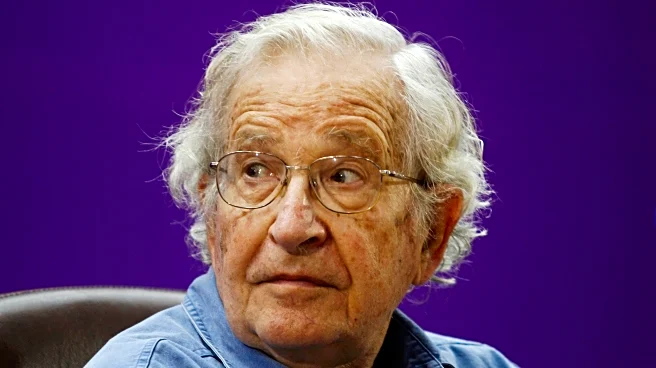Rapid Read • 6 min read
Kim Jong-un became the supreme leader of North Korea in 2011, continuing the totalitarian regime established by his father and grandfather. His leadership has been marked by nuclear tests and historic summits with South Korea and the United States. Despite attempts at diplomacy, relations with these countries have deteriorated as North Korea pursues its nuclear weapons program.
Kim Jong-un's nuclear ambitions pose a significant threat to regional and global security. The continued development of nuclear weapons challenges international nonproliferation efforts and increases tensions with major powers like the United States. This impacts diplomatic relations and could lead to further sanctions, affecting North Korea's economy and its people.
AD
Future diplomatic efforts may focus on denuclearization talks, but North Korea's insistence on maintaining its nuclear arsenal complicates negotiations. The international community, including the US and South Korea, will likely continue to seek ways to address the nuclear threat while balancing diplomatic engagement.
Kim Jong-un's leadership style, influenced by his education abroad, suggests a complex approach to governance that combines traditional authoritarianism with attempts at modernization. This duality affects North Korea's domestic policies and its interactions with the global community.
AD
More Stories You Might Enjoy












